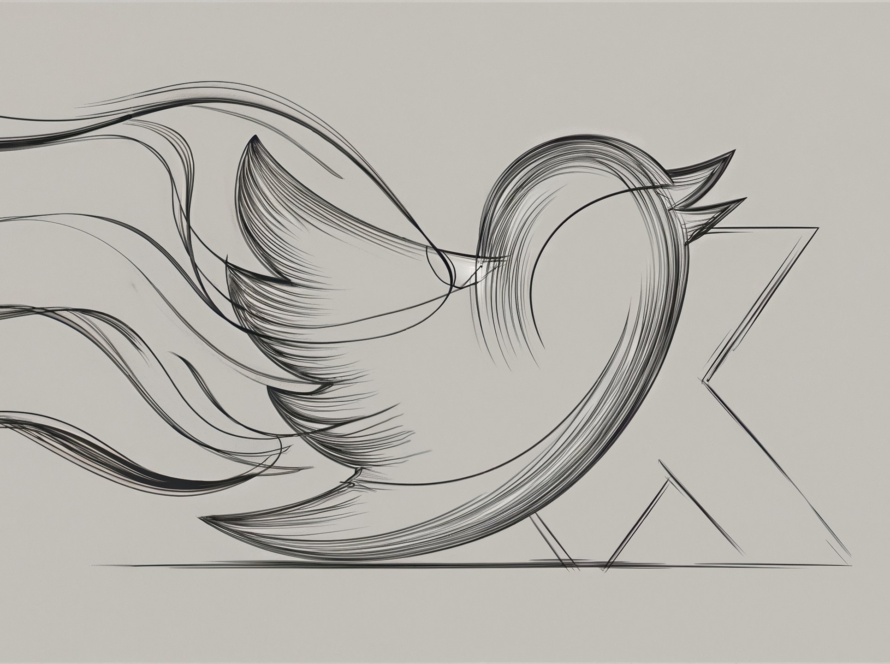|
Getting your Trinity Audio player ready...
|
For decades, Harley-Davidson has stood as a symbol of rebellion, freedom, and the rugged spirit of the American road. The motorcycle manufacturer’s iconic image wasn’t just about selling bikes; it was about selling a lifestyle. For some, riding a Harley meant rebelling against the status quo. For others, it represented the freedom of the open road, often tied to patriotism and American manufacturing. Harley-Davidson was the motorcycle for the rebel in all of us, regardless of price tag or social standing.
However, recent years have seen Harley-Davidson pivot towards more progressive initiatives, embracing Diversity, Equity, and Inclusion (DEI) programs and what some have labeled as “woke” corporate actions. While the intent behind these initiatives may be well-meaning, the reality is that they are creating significant cognitive dissonance among Harley-Davidson’s core customer base. The result has been a noticeable alienation of loyal riders and a potential existential threat to the brand.
We call this “A Clash Between Rebel Roots and New Corporate Identity.”
The Conflict Between Rebel Archetype and Corporate Actions
Harley-Davidson’s brand has long been rooted in the “Rebel” archetype—a brand that stands against conformity and embodies individualism, freedom, and self-expression. This archetype aligns with the image of Harley riders as those who embrace a free-spirited lifestyle, often in contrast to mainstream societal norms.
As Harley-Davidson began publicly supporting DEI initiatives and adopting corporate stances that lean into social and political activism, the brand’s messaging shifted away from its rebellious roots. This move has resulted in confusion among its core demographic, who often view such initiatives as part of the establishment—the very thing Harley was supposed to stand against.
For example, Harley-Davidson has publicly supported DEI initiatives that promote diversity within its workforce and leadership. While these efforts may align with modern corporate practices, they clash with the traditional perception of Harley as an unapologetic, anti-authoritarian brand. One commentator noted, “Harley-Davidson was never just a product; it was a badge of honor for those who saw themselves as outsiders, not part of a corporate machine”.
This cognitive dissonance became evident at the recent Sturgis Motorcycle Rally, one of the largest gatherings of bikers in the world. Harley-Davidson, once the undisputed star of the show, saw its pavilion nearly empty as the brand experienced the “Bud Light treatment”—a backlash similar to the one faced by the beer giant after engaging in political and social activism. The disconnect between Harley-Davidson’s corporate actions and its historical image as a brand for rebels has left many of its loyal customers feeling betrayed.
Alienating the Core Customer Base
The consequences of this brand identity crisis are far-reaching. Harley-Davidson’s core customers have traditionally been working-class Americans, many of whom value the brand for its rugged, all-American image. These riders bought Harley-Davidson motorcycles not just for transportation, but for what they represented—freedom, rebellion, and a sense of belonging to a subculture that stood apart from mainstream society.
However, as Harley-Davidson increasingly aligns itself with corporate DEI agendas, many of these customers feel left behind. A prominent Harley enthusiast remarked, “When Harley starts sounding more like a corporate boardroom than a biker gang, you start to wonder if they’ve lost touch with who we are.”
Adding fuel to the fire, Harley-Davidson’s decision to move some of its production overseas has further eroded trust among its American customers. The idea that an iconic American brand would outsource jobs while still charging premium prices for its motorcycles has created a perception that Harley-Davidson is now more concerned with profit margins than its heritage.
The Reality of the “Bud Light Treatment”
Harley-Davidson’s recent struggles echo the backlash faced by Bud Light after its involvement in social activism that alienated much of its core consumer base. Whether the backlash is fair or not, the reality is that a brand that has built its identity on being a champion of the people must tread carefully when adopting new corporate philosophies. As Harley-Davidson pivots towards initiatives that some view as conflicting with their values, it faces the very real risk of being seen as out of touch.
Financial motivations likely play a role in Harley’s shift. Companies like BlackRock, one of the world’s largest investment firms, prioritize Environmental, Social, and Governance (ESG) criteria, which often include DEI indexes. While aligning with these goals can make Harley-Davidson more attractive to institutional investors, the question remains: at what cost?
Brand Archetypes Should Not Conflict in the Minds of Customers
A brand’s archetype is central to how it is perceived by its audience. Archetypes are deeply ingrained in the psychology of brands and help create an emotional connection with customers. Harley-Davidson’s archetype as a Rebel brand should, in theory, make it a beacon of individualism and resistance against conformity. However, when a brand’s actions go against this archetype, it creates confusion and erodes trust.
Brand strategist Alina Wheeler, author of Designing Brand Identity, emphasizes, “When a brand contradicts its archetype, it can no longer be trusted. Consistency is the foundation of a strong brand”. Harley-Davidson’s recent moves suggest a departure from the rebellious spirit that made it iconic, creating a rift between the brand and the people who have supported it for decades.
The Path Forward
To avoid further damage to its brand, Harley-Davidson needs to reconcile its current corporate strategies with the expectations of its core audience. This doesn’t mean abandoning DEI initiatives altogether, but rather finding a way to support these causes without alienating the customers who have built the brand’s legacy. As Byron Sharp, author of How Brands Grow, points out, “Brands need to understand their customers deeply and align their values without compromising their core identity.”
Harley-Davidson must take a careful and thoughtful approach to bridge the gap between its traditional brand identity and the modern corporate practices it is adopting. Failure to do so could result in a loss of the cultural cachet that has made Harley-Davidson more than just a motorcycle company—it has made it an American institution.


